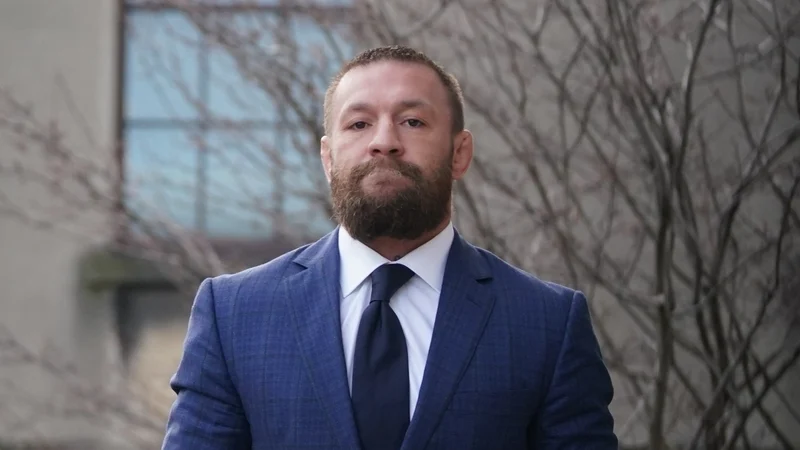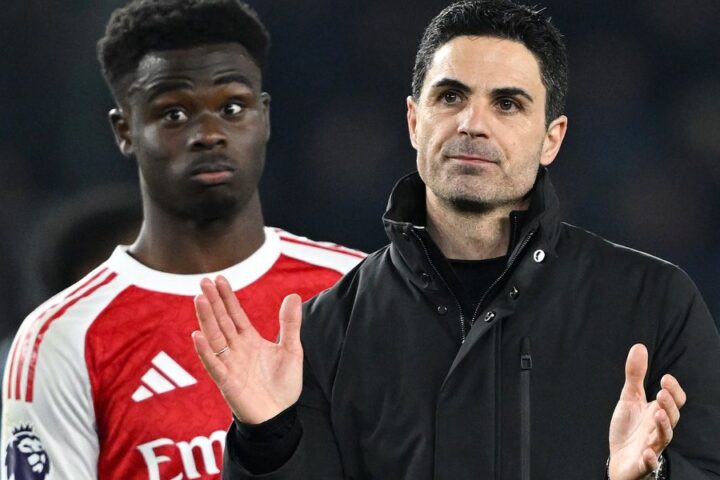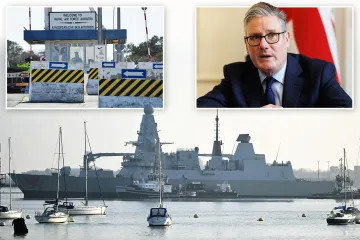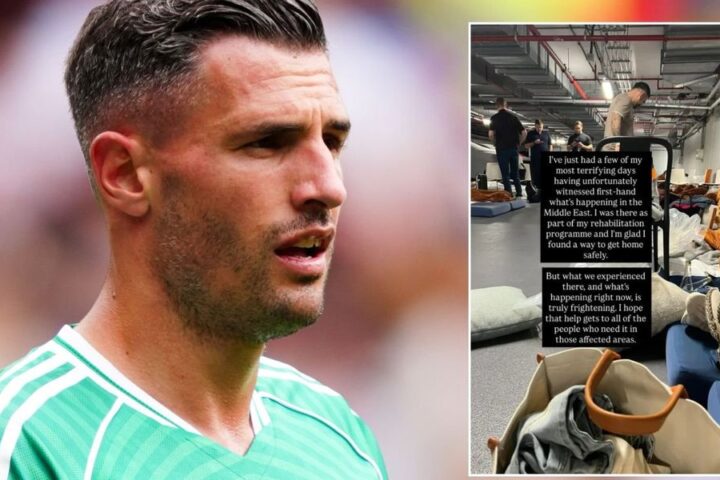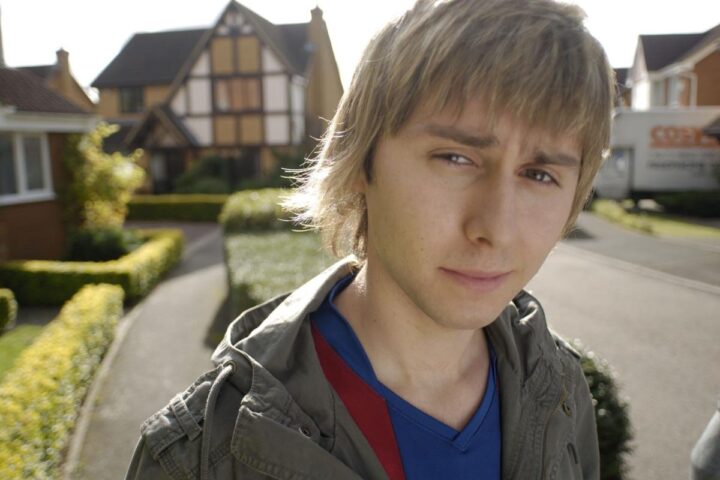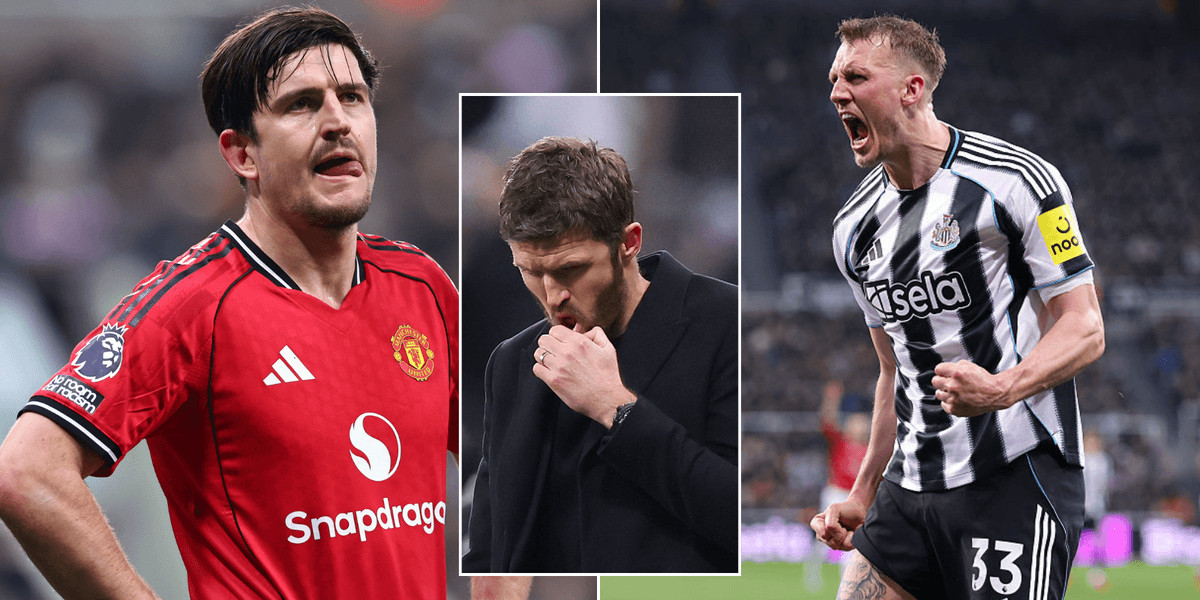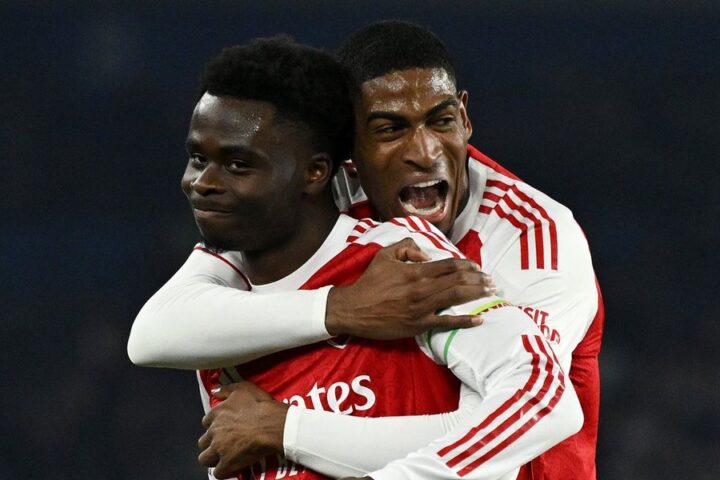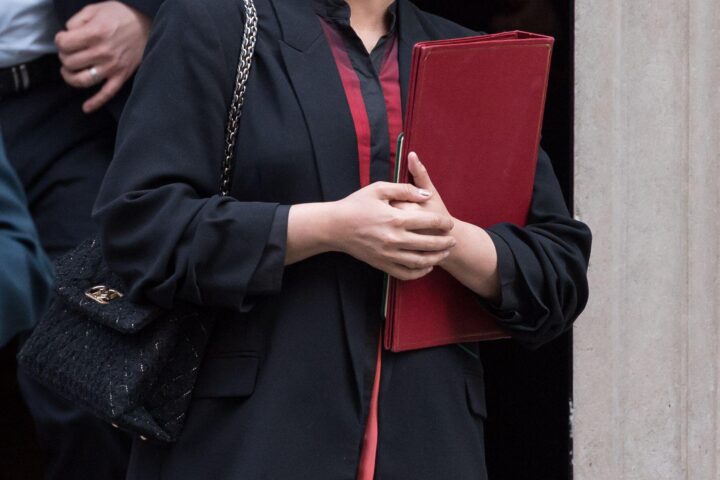The Court of Appeal is to refer documentation relating to Conor McGregor’s application to withdraw so-called new evidence from his appeal to the Director of Public Prosecutions.
Mr McGregor had intended to introduce evidence from a couple who were Nikita Hand’s former neighbours in Drimnagh.
Samantha O’Reilly and Steven Cummins claimed there had been a row between Ms Hand and her then boyfriend on the night of 9 December 2018, after she returned home from being out with the former MMA fighter.
Ms O’Reilly said that Ms Hand was assaulted by her boyfriend that night, which Mr McGregor’s side said provided an alternative explanation for the bruises found on her body.
However, the court was told yesterday that Mr McGregor would be not be going ahead with his application to introduce this evidence.

Senior Counsel John Gordon told the court Ms Hand had been accused of telling lies and he said the application to bring in this evidence was meant to undermine her reputation pending the appeal.
He said Ms Hand had called out these lies in an affidavit, but she was entitled to her opportunity to call out the lies in the court.
He said Mr McGregor’s lawyers had withdrawn the application, preventing her from calling out a series of highly disparaging and unfair criticisms of her.
Mr Gordon said this could have implications for costs and he said he also proposed the court should refer the matter to the DPP.
He said the court had the power to do that and would show the concern it had for the apparent abuse of its own processes.
Lawyers for Mr McGregor said they believed Ms Hand’s lawyers were trying to put material into the public domain which would more properly be used in a criminal investigation.
The three appeal court judges reviewed documentation which Mr Gordon intended to open in court after being told by Mr McGregor’s lawyers that it should be dealt with in a criminal investigation if there was to be one and not in the appeal court.
Mark Mulholland KC said there was an intention to get the material on the record and in the media using the cloak of privilege and it was wholly inappropriate.
He said if Mr Gordon was correct in his assertions, it should be dealt with elsewhere.
Ms Justice Isobel Kennedy said the judges intended to refer the matter to the Director of Public Prosecution and would notify the parties about the documentation they intended to refer.
Earlier, the Court of Appeal was that if Mr McGregor’s friend James Lawrence won his appeal over costs it would exceed the €250,000 in damages awarded to Ms Hand and would “set at nought the jury’s verdict” in the case.
Senior Counsel Ray Boland told the court that Mr McGregor’s costs were estimated at €1.3 million and the reality was that if Mr Lawrence got his costs they would exceed Ms Hand’s award.
He said this would set at nought the jury’s verdict as Mr McGregor would get these costs as he had paid Mr Lawrence’s legal fees.
He said it was implicit in the jury’s verdict against Mr McGregor that they had rejected a significant portion of Mr Lawrence’s evidence about witnessing consensual sex. He argued the court should take the consequences of the costs decision into account.

Mr Justice Brian O’Moore suggested however that the costs were a consequence of Ms Hand suing someone for rape and that being rejected by the jury.
Presiding judge, Isobel Kennedy, told Mr Boland his argument on this point was a difficult argument to make.
Mr Boland said it was only at the costs hearing that it became clear that Mr McGregor had paid Mr Lawrence’s costs as he said Mr McGregor was very cagey about this when asked during the trial.
Ms Hand had claimed in her action that Mr McGregor and Mr Lawrence both raped her.
Both men denied the allegations and said they each had consensual sex with her.
Mr Justice Alexander Owens in the High Court said it was perfectly obvious from the jury’s finding that they rejected the evidence of Mr McGregor and Mr Lawrence in what he said was a “most singular and peculiar case”.
He said both men were acting in “lockstep” in their defence of the action and it would be inappropriate to award costs to Mr Lawrence even though the jury found he did not rape Ms Hand.
The judge said Mr Lawrence was entirely successful in defending his claim but not for the reasons he put forward in his defence. He said the jury had concluded that Mr Lawrence did not have consensual sex with Ms Hand and that the men had concocted the story between themselves.
Senior counsel John Fitzgerald for Mr Lawrence said an unusual situation had arisen in the case.
He said the principle that costs follow the event – whereby the losing party pays the costs of an action, was well established unless court orders otherwise having regard to the circumstances of the case.
He said the principle of jury secrecy was also well established and the manner in which a jury decision could be parsed or interpreted afterwards was very limited. The “event” was the verdict he said, not the subsequent interpretation of it.
Mr Fitzgerald said the judge’s ruling on costs where he proceeded to interpret the decision was wrong in principle and wrong in fact and was misconceived.
He said there was a limited process by which a trial judge could interrogate a jury verdict, and only if that procedure doesn’t resolve the ambiguity could a judge resort to their own interpretation.
He added that if the judge did wish to interpret the verdict and if it was going to feed into the issue of damages, then he should have dealt with it when the issue paper – which sets out the questions a jury are asked – was discussed in court.
Mr Fitzgerald said it was very difficult to see how the judge’s interpretation of the verdict was arrived at.
He also told the court in relation to Mr Lawrence that if Ms Hand had chosen to bring a case she did not believe in, there had to be cost implications.
